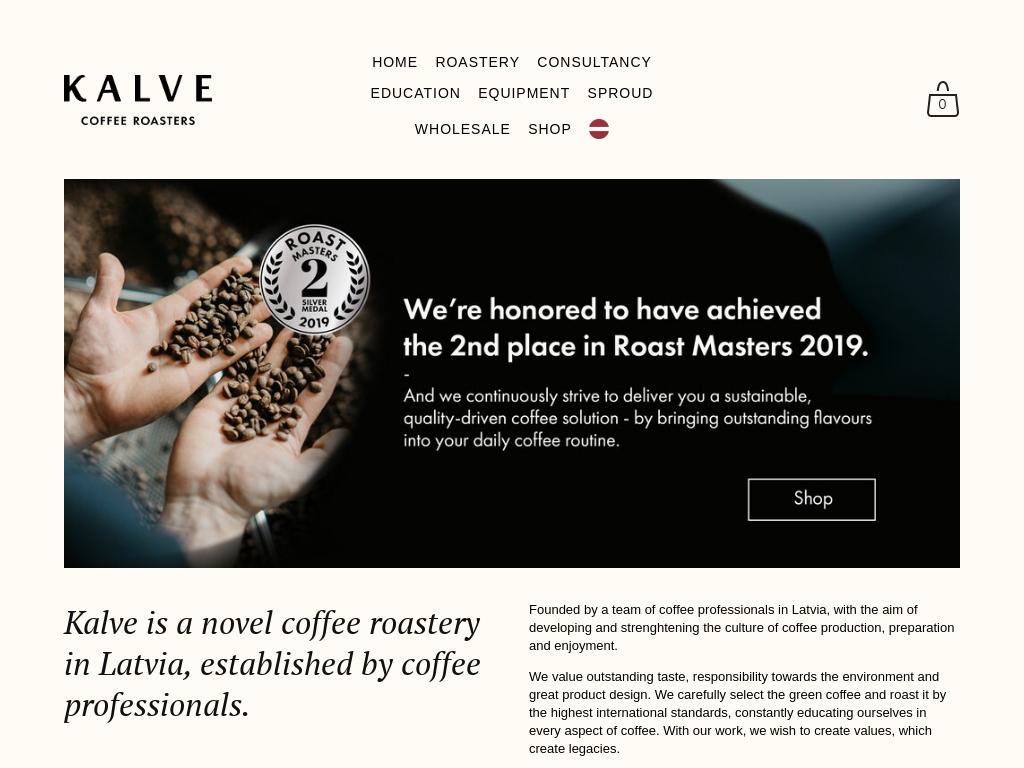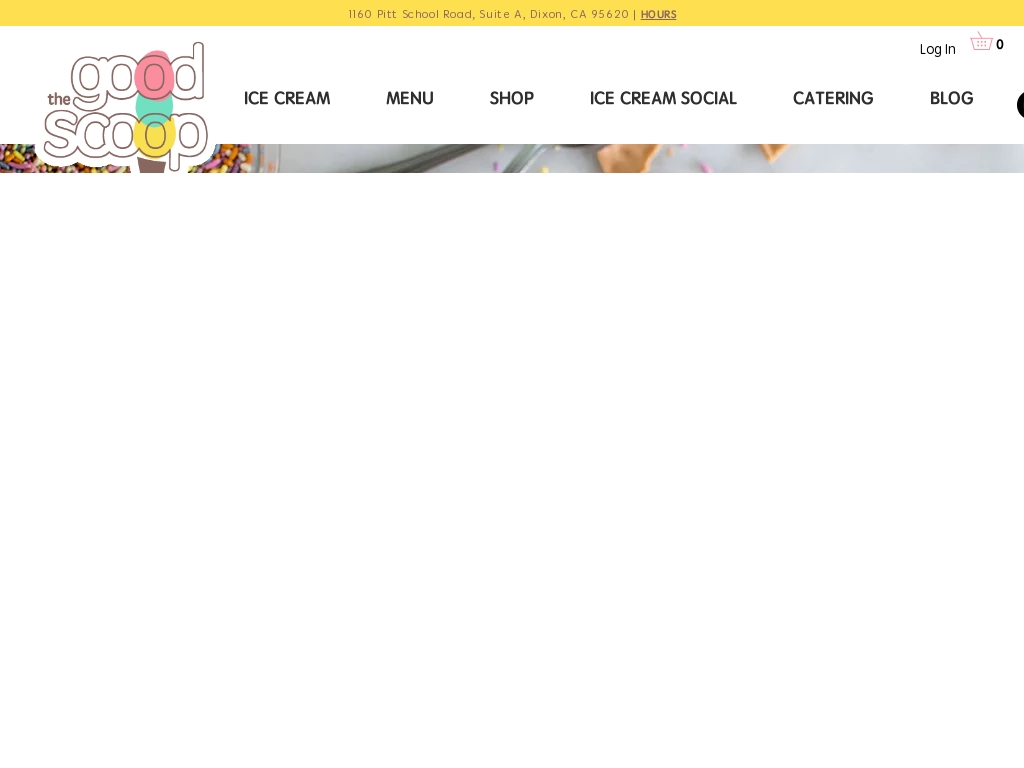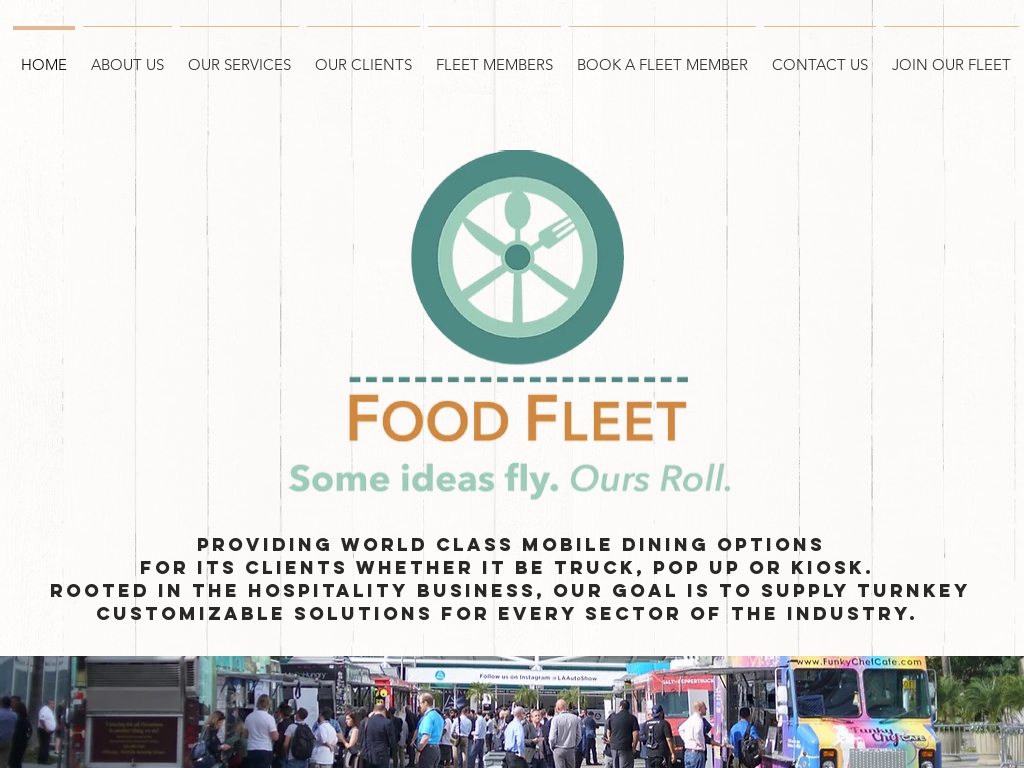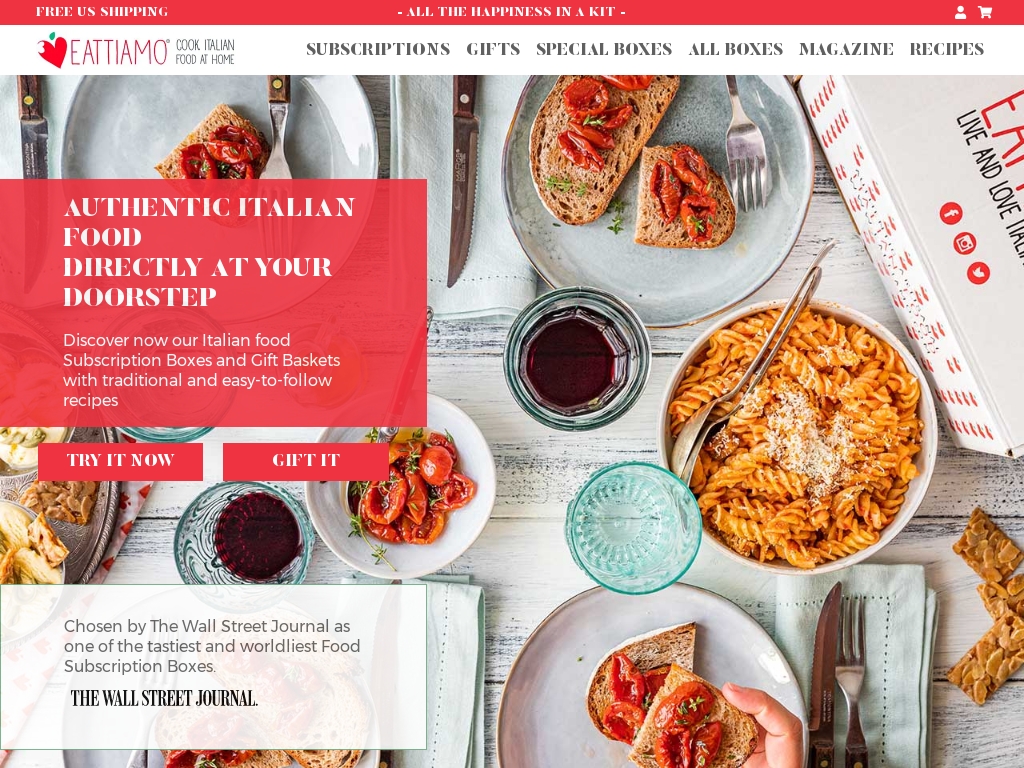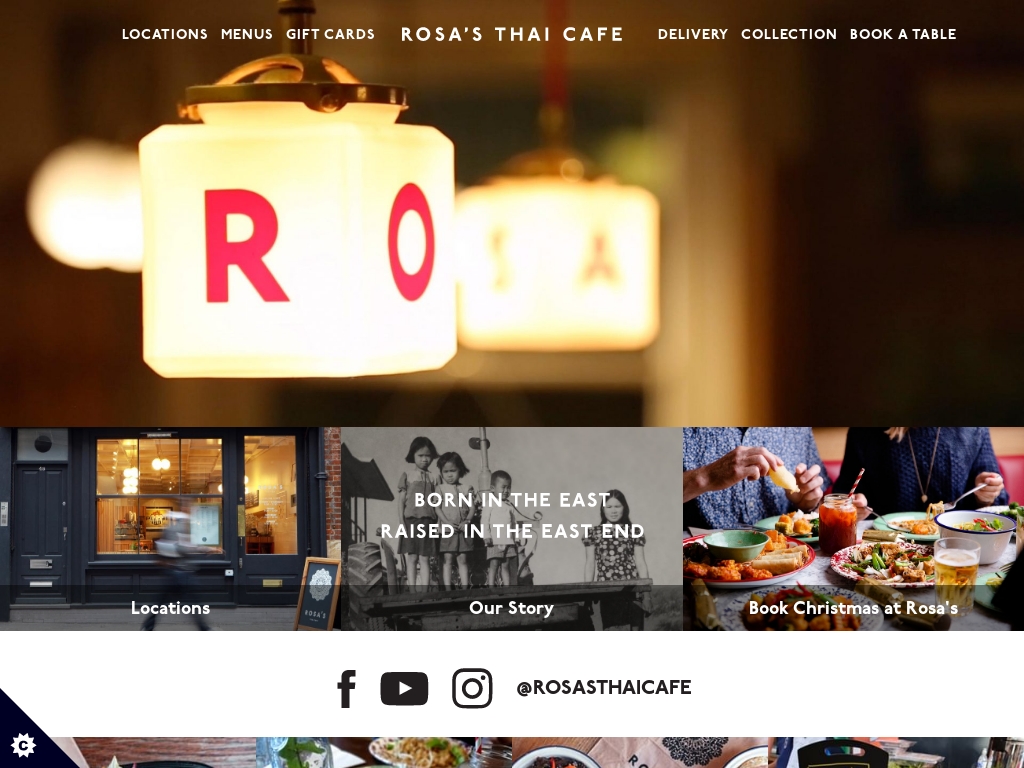
How This Refugee Built a $1.2 Billion Hot Sauce Empire
Who is David Tran?
David Tran, the founder of Huy Fong Foods, is a Vietnamese refugee who immigrated to the U.S. in 1979; he built a hot sauce empire inspired by his family's background in chili farming and his passion for spicy food.
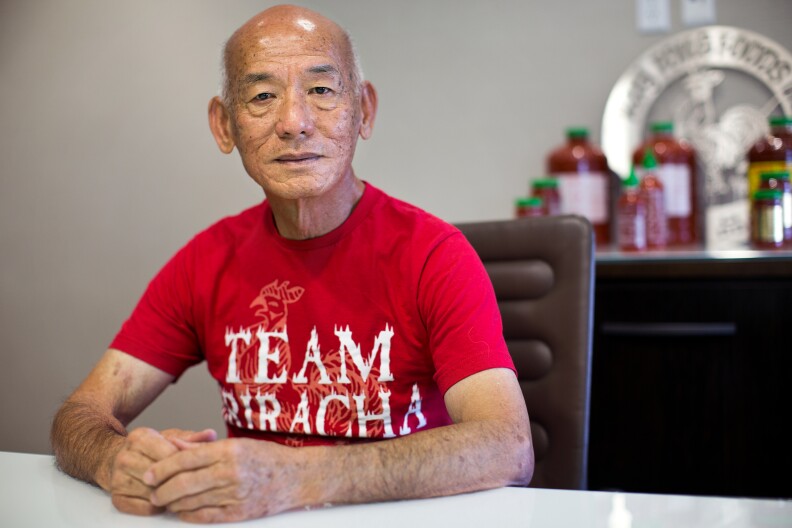
What problem does Huy Fong Foods solve?
Huy Fong Foods' Sriracha sauce provides a consistent, high-quality spicy condiment that satisfies the diverse and intense cravings for authentic heat, filling a gap in the market for flavorful hot sauces and creating a wide-reaching, loyal customer base. Its ability to deliver a rich, balanced flavor without compromising on price ensures it stands out in a highly competitive industry.

How did David come up with the idea for Huy Fong Foods?
David Tran’s journey to creating Huy Fong Foods stemmed from his personal experiences and love for spicy food, which began in his childhood helping his father farm chili in Vietnam. Upon arriving in the United States, Tran noticed that the hot sauces available were not up to his standards. Fueled by a desire to recreate the bold flavors he missed, he began making his own sauce in a small bucket and selling it from his van.
Tran's initial product was well-received within his community, inspiring him to continue refining it. He kept the recipe simple but authentic, using fresh jalapeños, garlic, vinegar, salt, and sugar. By observing the enthusiastic response from his growing customer base and focusing on maintaining high-quality ingredients, Tran validated his idea and gradually increased production.
One of the early challenges Tran faced was scaling up production without compromising on quality. He rented a modest space in Los Angeles to produce the sauce on a larger scale and ensured consistency by sticking to his straightforward recipe. Throughout the process, he learned the importance of staying true to one's passion and focusing on product quality, even when expanding.
How did David Tran build the initial version of Huy Fong Foods?
David Tran began building Huy Fong Foods' Sriracha initially by hand, grinding fresh red chili peppers sourced locally in California. He started with buckets and grounded the peppers manually, working from a small warehouse in Los Angeles. The initial prototype, packaged in reused glass bottles, was tested and iterated until the flavors were perfected.
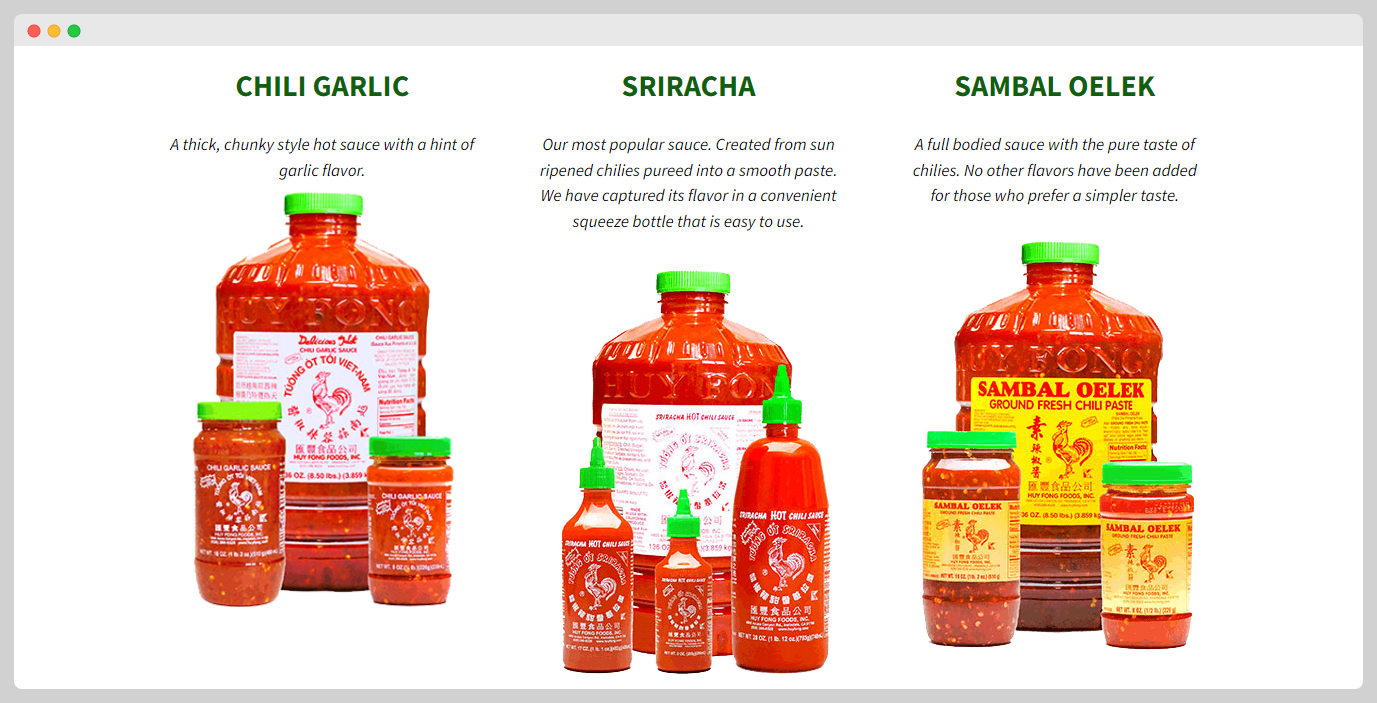
In 1980, Tran formalized the company and shifted to a more substantial manufacturing setup, employing simple but effective equipment to continue producing his sauce in larger quantities. The early phase took about a month to establish the initial product, which used basic ingredients like chili, garlic, sugar, salt, and vinegar. The entire process was more challenging than anticipated due to the need for constant iteration to get the perfect taste and consistency while maintaining low costs.
What were the initial startup costs for Huy Fong Foods?
- Building Purchase: David Tran sold a portion of his gold savings and bought a 2,500-square-foot building in Chinatown, Los Angeles, investing part of the $20,000 (~$90,000 in today’s terms) he carried from Vietnam.
How did David launch Huy Fong Foods and get initial traction?
Word of Mouth Through Local Sales
After arriving in Los Angeles, David Tran started producing his hot sauce in a small warehouse in Chinatown. He would bottle the sauce and sell it directly from his blue Chevy van to local markets and Asian restaurants.
Why it worked: By targeting local businesses that already had a customer base interested in spicy food, Tran was able to create immediate demand for his product. The sauce's unique flavor quickly became a hit among these merchants, who helped spread the word to their customers through their dishes.
Partnerships with Local Asian Restaurants and Grocery Stores
Tran developed partnerships with Asian restaurants and grocery stores in Los Angeles, offering them his hot sauce for their dishes and shelves. These partnerships gave Huy Fong Foods instant credibility and exposure to a specific target market that appreciated spicy food.
Why it worked: These businesses served as an effective distribution network without the need for a formal marketing or sales team. Customers who enjoyed their meals with Huy Fong's Sriracha at restaurants sought out the same product at grocery stores, driving demand even higher.
Metrics:
- Initially, Tran produced small batches and directly managed distribution.
- The popularity of Sriracha grew rapidly thanks to these local partnerships, leading Tran to move to a larger 240,000-square-foot facility by 1987.
- Demand continued to increase year over year, without any formal marketing efforts.
Community Engagement
Besides formal partnerships, Tran maintained an active presence within local communities by providing free samples and conducting taste tests at local events and markets. This direct engagement allowed potential customers to experience the product first-hand.
Why it worked: The free samples lowered the barrier for initial trials and helped build a loyal customer base. Moreover, engaging with the community fostered a sense of personal connection and trust between customers and the brand.
Metrics:
- The initial sales from these community activities were modest but impactful, creating a steady stream of returning customers and word-of-mouth referrals.
- As a result, the company saw incremental but consistent growth in customer numbers and revenue.
No Paid Advertising
Huy Fong Foods grew to become a household name purely through the quality of its product and word-of-mouth. Tran didn’t spend any money on advertising; instead, he focused on maintaining consistent quality and taste.
Why it worked: By focusing all efforts on product quality and customer satisfaction, the brand organically built a dedicated following that promoted the sauce through personal recommendations and social media. This grassroots approach created genuine brand loyalty.
Metrics:
- More than 40 years later, Huy Fong Foods has become a billion-dollar business, producing over 20 million bottles of Sriracha annually.
- The company generates over $150 million in annual revenue, all without spending a dime on traditional advertising.
Conclusion: David Tran’s success with Huy Fong Foods showcases the power of hands-on, grassroots strategies to generate initial customers. By concentrating on product quality and leveraging local partnerships, Tran turned a small service van operation into a global hot sauce empire.
What was the growth strategy for Huy Fong Foods and how did they scale?
Word of Mouth and Partnerships
Huy Fong Foods leveraged word of mouth as a powerful channel. David Tran maximized this by distributing Sriracha to local Asian restaurants and grocery stores, ensuring the product landed directly in front of customers. The sauce's quality and flavor spoke for themselves, encouraging loyal customers to spread the word and recommend it organically.
Why it worked: When customers experience a genuinely good product, they're likely to share it with friends, family, and colleagues. Partnering with restaurants and grocery stores didn't just increase exposure—it anchored the brand in places where the right target audience already shopped and dined.
Media Exposure and Cultural Adoption
Without spending on advertising, Huy Fong Foods benefited from free media exposure. Food magazines and celebrity endorsements, such as praises from high-profile figures like Obama, boosted Sriracha's visibility. The sauce also gained attention from chefs and foodies, becoming a staple in various cuisines and recipes shared widely on social media and in cooking shows.
Why it worked: Media exposure helped legitimize Sriracha as a must-have condiment. Endorsements from respected figures increased its desirability and trust factor among potential buyers. Its multicultural appeal made it adaptable to various dishes, appealing to a broader audience and embedding it in American food culture.
Public Relations during Crisis
During a legal battle with the city of Irwindale over factory odors, David Tran opened the factory for public tours to counteract the negative press. By being transparent and inviting the public to see the manufacturing process, Tran successfully shifted the narrative and garnered positive public support.
Why it worked: Transparency can turn potential PR disasters into success stories. Allowing the public to tour the factory built trust and showcased Tran's commitment to product quality and integrity, transforming skeptics into supporters.
Supply Chain and Production Strategy
Despite challenges, including legal battles and chili shortages, Tran focused on maintaining high product quality by ensuring a reliable supply chain. By using fresh ingredients and operating a less expensive production model, Tran kept costs low without compromising on quality, appealing to a price-sensitive market.
Why it worked: Consistency in quality and price builds customer loyalty. By maintaining a steady supply and transparent pricing, the brand developed a trustworthy reputation. This, combined with high product standards, ensured customers returned, turning them into lifetime fans.
What's the pricing strategy for Huy Fong Foods?
Huy Fong Foods offers its iconic Sriracha hot sauce at approximately $4 per 17oz bottle, leveraging low prices and consistent quality without ever raising its wholesale prices since the 1980s.
What were the biggest lessons learned from building Huy Fong Foods?
- Quality Over Marketing: David Tran focused on creating a high-quality hot sauce and relied on word-of-mouth rather than traditional marketing. This strategy showed that an excellent product could generate its own buzz and loyal customer base.
- Resilience in Adversity: Tran overcame significant challenges, such as escaping a war-torn country and navigating cultural and business landscapes in a new country. His perseverance is a testament to the power of resilience in entrepreneurship.
- Adapt and Pivot: When faced with external challenges like lawsuits over factory odors and ingredient shortages, Tran adapted by making strategic changes without compromising his product's integrity. This ability to pivot ensured business continuity and growth.
- Family-Driven Leadership: Huy Fong Foods remained a family-run business, with Tran passing leadership roles to his children. This approach maintained a cohesive vision and preserved the company’s core values.
- Stick to Core Values: Despite various pressures and opportunities to sell his company, Tran remained committed to his original mission of producing affordable, high-quality hot sauce. Sticking to core values can build long-term trust and brand loyalty.
Discover Similar Business Ideas Like Huy Fong Foods
|
|
Idea
|
Revenue
|
|---|---|---|
|
Kalve Coffee Ro...
|
Specialty coffee roaster from Riga, Latvia.
|
$150K
monthly
|
|
Delicious Denve...
|
Guided culinary tours showcasing Denver's vibrant food scene.
|
$75K
monthly
|
|
The Good Scoop
|
Farm-to-fork artisan ice cream in Sacramento.
|
$16K
monthly
|
|
Food Fleet
|
Corporate event food solutions with mobile vendors.
|
$1.5M
monthly
|
|
EatTiamo
|
Subscription boxes delivering authentic Italian cuisine.
|
$10K
monthly
|
|
Rosa's Thai Cafe
|
Authentic Thai restaurant chain in the UK.
|
$2M
monthly
|
|
Eat Clean LLC
|
Healthy meal delivery service using organic ingredients.
|
$300K
monthly
|
More about Huy Fong Foods:
Who is the owner of Huy Fong Foods?
David Tran is the founder of Huy Fong Foods.
When did David Tran start Huy Fong Foods?
1980
What is David Tran's net worth?
David Tran's business makes an average of $12.5M/month.
How much money has David Tran made from Huy Fong Foods?
David Tran started the business in 1980, and currently makes an average of $150M/year.

Download the report and join our email newsletter packed with business ideas and money-making opportunities, backed by real-life case studies.

Download the report and join our email newsletter packed with business ideas and money-making opportunities, backed by real-life case studies.

Download the report and join our email newsletter packed with business ideas and money-making opportunities, backed by real-life case studies.

Download the report and join our email newsletter packed with business ideas and money-making opportunities, backed by real-life case studies.

Download the report and join our email newsletter packed with business ideas and money-making opportunities, backed by real-life case studies.

Download the report and join our email newsletter packed with business ideas and money-making opportunities, backed by real-life case studies.

Download the report and join our email newsletter packed with business ideas and money-making opportunities, backed by real-life case studies.

Download the report and join our email newsletter packed with business ideas and money-making opportunities, backed by real-life case studies.
